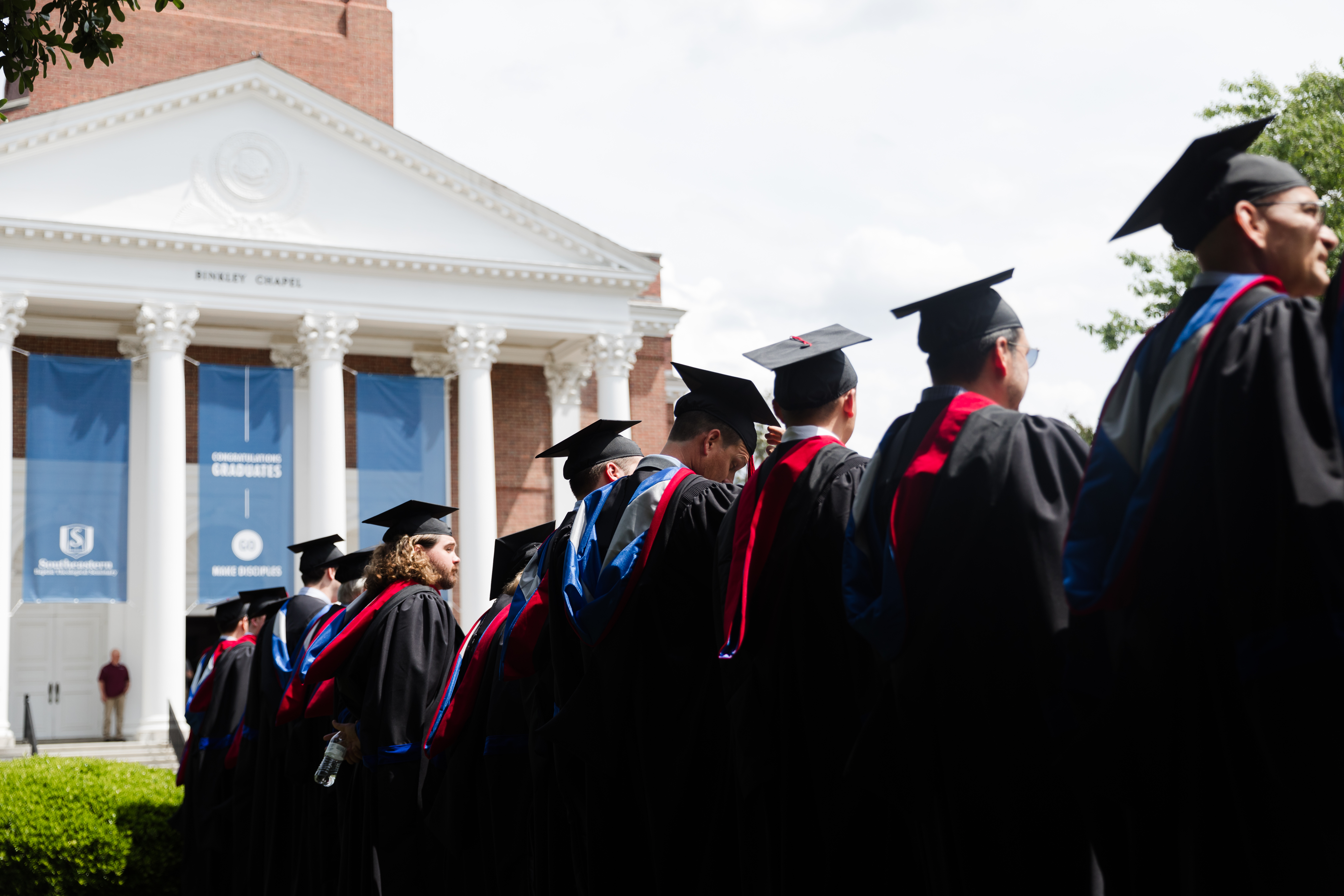The man who wove the story of Narnia with kings, knights, and heroes certainly knew what an honor like this meant. In his letter back to the Prime Minister’s office, he explained his reasoning:
- “I feel greatly obliged to the Prime Minister, and so far as my personal feelings are concerned this honor would be highly agreeable. There are always however knaves who say, and fools who believe, that my religious writings are all covert anti-Leftist propaganda, and my appearance in the Honors List would of course strengthen their hands. It is therefore better that I should not appear there. I am sure the Prime Minister will understand my reason, and that my gratitude is and will be none the less cordial.”
For Lewis, public witness outweighed personal honors. To say it another way, representing Jesus’s kingdom has far greater worth than being honored in King George’s Empire. Lewis knew the message was more significant than the messenger. He also models what is at stake in how we engage with the public square. Namely, Lewis demonstrates the priority of the mission and calling of God on our lives. We constantly feel pressure to be political in our public and private lives. We must give greater honor to the call of Jesus on our lives than the earthly call to broadcast our political opinions.
Lewis wanted to proclaim the Christian faith clearly without devolving into denominational and especially political divisions. He did not want his message of Christianity to be classified as British Christianity, Left-Wing Christianity, or Right-Wing Christianity. Lewis proclaimed mere Christianity, and that sacred effort surpasses national esteem. In turning down the honor of one king, Lewis models for us the importance of public witness in a volatile political landscape.
Over the past two decades, we have experienced a massive change in the political landscape and participation. Between social media and 24-hour political news networks, social pressure constantly urges us to comment on political matters. Taglines such as “silence is violence” make a quiet, reasonable public life difficult in today’s public square. Lewis gives us a model for the public square and witness. C. S. Lewis was not apolitical. Indeed, he wrote to multiple friends about parties and politicians, expressing strong opinions. And yet, when it came to his public witness, Lewis chose his public witness for Jesus Christ over political prestige and honor.
If C. S. Lewis can turn down one of the highest honors a civilian can receive, how much more should we seek to be wise with engaging political discourse today? That’s not to say we should not have political opinions or act on them. In several of Lewis’s other letters, he shares his political thoughts on who would be better to have in power. However, we need wisdom and discernment regarding the words and ways we engage with politics to protect our public witness. You and I will not have the public ministry of Lewis, but we have neighbors, friends, classmates, and family who need to hear the good news of Jesus Christ. Like Lewis, we ought to protect our witness to them by walking in wisdom, even if it means turning down honors and opportunities for the sake of Christ.





No comments have been added.